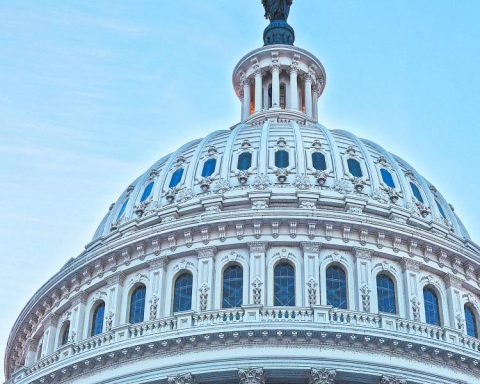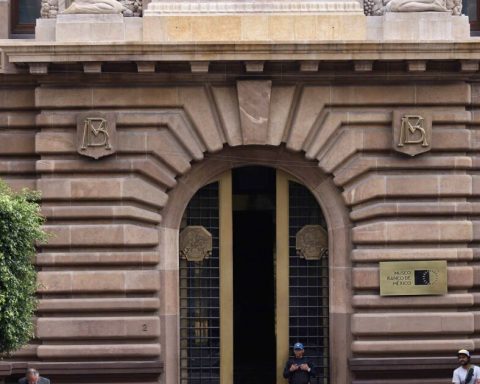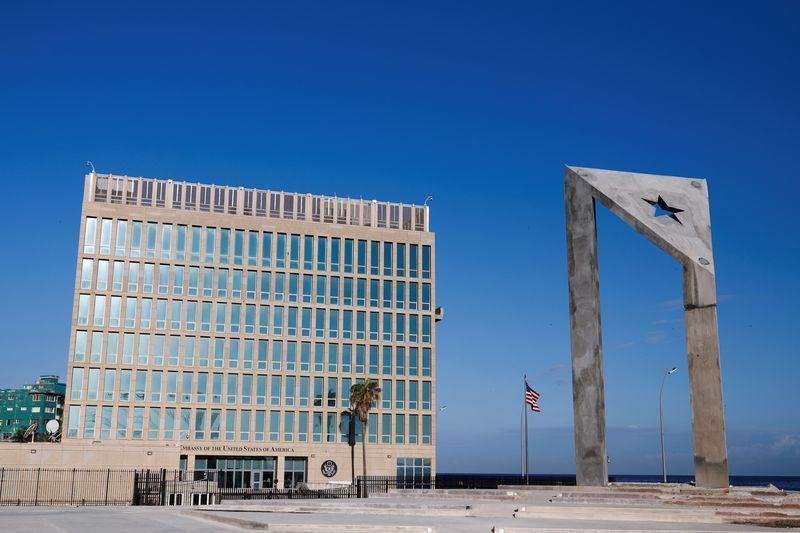Outside of a crisis context, tighter regulation of cryptocurrencies could take many decades, especially as major players are investing heavily in lobbying. But it probably won’t take that long, because the private digital currency crisis is likely to come sooner rather than later.
CAMBRIDGE – Now that cryptocurrency prices are collapsing, while central banks start to raise interest rates, many are wondering if this is the beginning of the end of the bubble. Maybe not yet. But a higher opportunity cost of money disproportionately lowers the prices of assets whose primary use lies in the future.
Ultra-low interest rates once favored cryptocurrencies, and young investors today are experiencing what happens when interest rates rise.
A more interesting question is what will happen when governments finally get serious about regulating Bitcoin and its relatives? Of the major economies, so far only China has begun to do so. Most policymakers have instead tried to change the subject and talk about central bank digital currencies (CBDCs).
But this is a kind of inconsistency. While CBDCs are likely to include privacy features for small transactions, larger transactions will almost certainly require individuals to reveal their identity. Instead, one of the biggest attractions of private cryptocurrencies is the opportunity they offer to circumvent governments. It is true that cryptocurrency transactions are absolutely traceable through the blockchain ledger, but users usually create accounts under pseudonyms and therefore it is difficult to identify them without other information, which is expensive to obtain.
Some economists naively argue that there is no particular urgency to regulate Bitcoin and its peers, because cryptocurrencies are difficult and expensive to use for transactions. Go tell policy makers in developing economies, where cryptocurrencies have become a relevant vehicle to evade taxes, regulations, and capital controls.
For poorer countries with limited state capacity, cryptocurrencies are a growing problem. Citizens do not need to be computer geniuses to evade the authorities. It is enough for them to simply access one of several simple “off-chain” exchanges (outside the block chain). While cryptocurrency transactions brokered by a third party are in principle traceable, the exchanges are based in advanced economies. In practice, this makes information virtually inaccessible to authorities in poor countries in most circumstances.
But isn’t it just that cryptocurrencies deliver on their promise to help circumvent corrupt, inefficient, and untrustworthy governments? Perhaps, but, like the $100 bill, it is possible that cryptocurrencies in the developing world are used by ordinary citizens as well as evil actors.
For example, Venezuela is a major player in cryptocurrency markets, in part because expats use them to send money remittances without getting caught by the country’s corrupt regime. But cryptocurrencies will surely also be used by the Venezuelan military in its drug smuggling operations, not to mention by wealthy and politically connected individuals who are targeted for financial sanctions.
With the United States currently maintaining financial sanctions with more than a dozen countries, for hundreds of entities, and thousands of individuals, cryptocurrencies are a natural haven.
One reason why regulators in advanced economies have been slow to act is the idea that while cryptocurrency issues primarily affect the rest of the world, these issues are none of their business. Regulators have apparently been seduced by the idea that cryptocurrencies are essentially assets to invest in – and that the value of any given transaction is irrelevant – and are now more concerned with protecting domestic investors and financial stability.
But economic theory has long ago shown that the value of money ultimately depends on its underlying potential uses. The biggest investors in cryptocurrencies may be in advanced economies, but the uses – and harms – so far have essentially been in emerging markets and developing economies. One could even say that investing in some advanced economy cryptocurrency vehicles is in one way no different from investing in conflict diamonds.
Governments in advanced economies are likely to find that cryptocurrency issues are perhaps coming home to stay. When that happens, they will be forced to institute a broad-based ban on digital currencies that do not allow user identities to be easily traced (unless, that is, technological advances end up removing all vestiges of anonymity, in particular). in which case cryptocurrency prices will collapse on their own). The ban would certainly have to extend to financial institutions and businesses, and would probably also include some restrictions on individuals.
Such a move markedly weakens cryptocurrency prices today by reducing liquidity. Of course, restrictions will be more effective the more countries apply them, but universal implementation is not necessary for a locally relevant impact.
Can any version of a ban be implemented? As China has shown, it is relatively easy to shut down the cryptocurrency exchanges that the vast majority of people use to trade digital currencies.
It is more difficult to prevent transactions “on-chain” (within the chain of blocks), since the underlying individuals are more difficult to identify.
Ironically, an effective 21st century cryptocurrency ban might also require a phasing out (or at least a phasing out) of the much older device of paper money, because cash is by far the most convenient way for people to use “branches” to move funds into your digital wallets without being easily detected.
Just to be clear, I am not suggesting that all blockchain applications should be restricted. For example, regulated stablecoins backed by a central bank balance sheet can still thrive, but there needs to be a simple legal mechanism to trace the identity of the user if necessary.
When might stricter regulation of cryptocurrencies actually come, if ever? If there isn’t a crisis, it could take many decades, especially as the major players in the crypto universe are spending sky-high sums on lobbying, just as the financial sector did in the run-up to the 2008 global financial crisis.
But maybe it won’t take that long. Unfortunately, the cryptocurrency crisis will probably come sooner rather than later.
The author
Former Chief Economist of the International Monetary Fund, he is Professor of Economics and Public Policy at Harvard University.
Copyright: Project Syndicate 1995 – 2022













